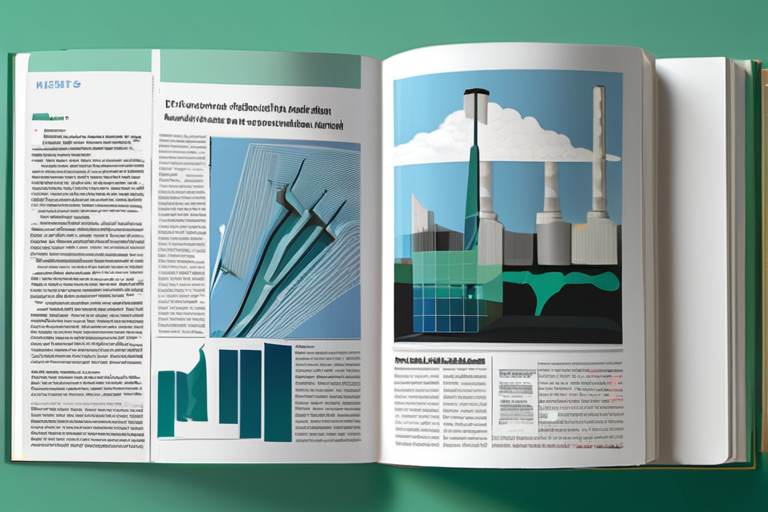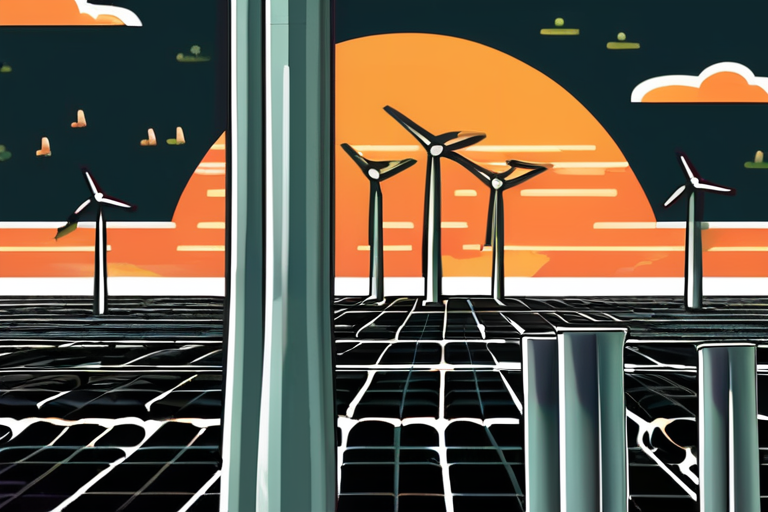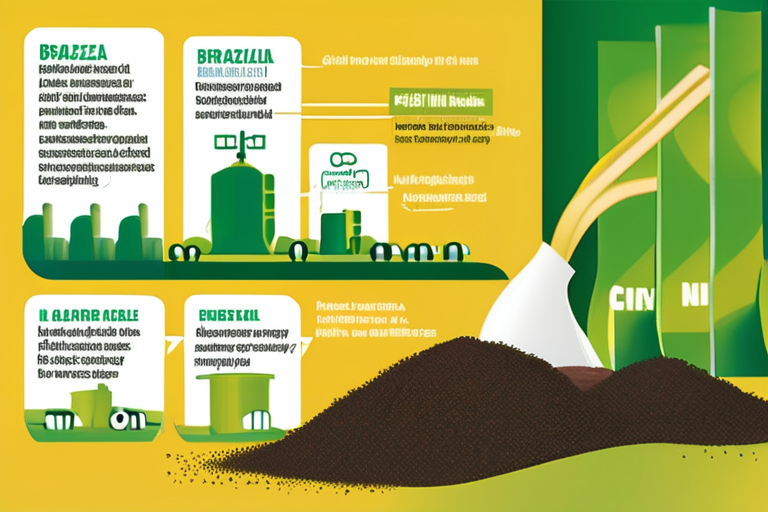Biofuels Bring Benefits to Farmers and Shipping, but Environmental Costs Rise


Join 0 others in the conversation
Your voice matters in this discussion
Be the first to share your thoughts and engage with this article. Your perspective matters!
Discover articles from our community

 Hoppi
Hoppi

 Hoppi
Hoppi

 Hoppi
Hoppi

 Hoppi
Hoppi

 Hoppi
Hoppi

 Hoppi
Hoppi

Unlocking the Potential of SAF with Book and Claim in Air Freight In a move to reduce greenhouse gas emissions, …

Hoppi

Big Tech's Big Bet on Carbon Removal Raises Concerns In a surprise move, several major tech companies have invested heavily …

Hoppi

BREAKING NEWS Climate Leaders Betray Pledges, Fuel Fossil Fuel Surge: Report Reveals Countries Plan to Produce Twice the Amount of …

Hoppi

Breaking News: Top Fossil Fuel Producers Boost Output Amid Climate Crisis The world's largest fossil fuel producers have expanded their …

Hoppi

Fossil Fuels To Dominate Global Energy Use Past 2050, McKinsey Says A new report by McKinsey has revealed that fossil …

Hoppi

The Biofuel Dilemma: Brazil's Ambitious Plan to Quadruple Sustainable Fuel Use As I stood amidst the lush green sugarcane fields …

Hoppi